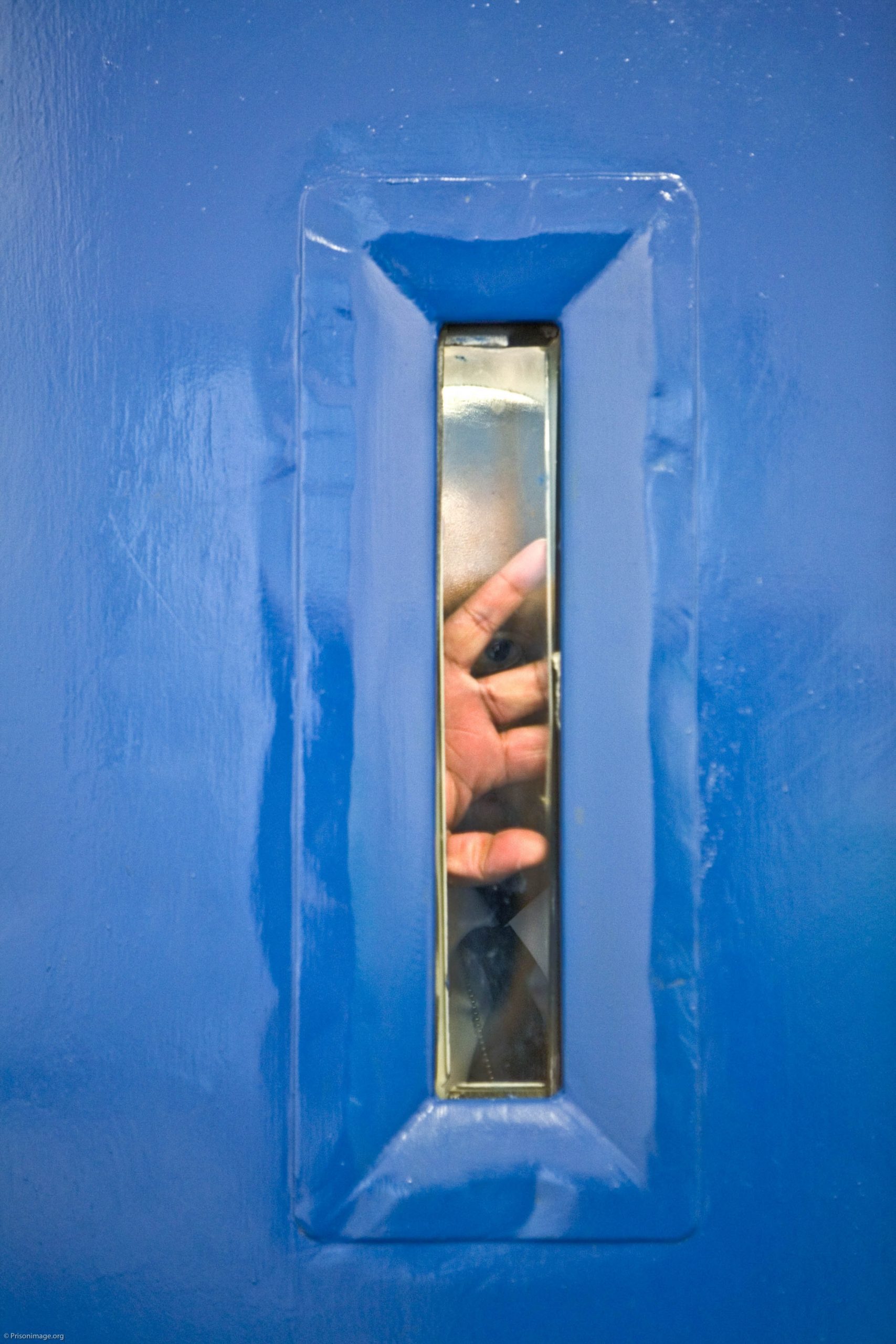Routine use of solitary confinement during the pandemic was ‘inhumane and untenable’, according to prison reforms charities calling for the release of ‘substantial numbers’ of prisoners. The Howard League for Penal Reform and the Prison Reform Trust yesterday wrote to the Lord Chancellor arguing that it was unlawful holding prisoners in prolonged solitary confinement and called on him to recommence its ‘effectively abandoned’ early release scheme.
In 2015 the Supreme Court ruled that safeguards and external scrutiny are required under the prison rules where prisoners are removed from association and, according to the letter, ‘the rationale’ was ‘not merely blind adherence to a rule’ but because of ‘the irreversible psychiatric harm that can be caused by solitary confinement’. Since the lockdown began, Frances Crook of the Howard League and Peter Dawson of the Prison Reform Trust argue that the deployment of routine isolation had not been subjected to such safeguards and there was ‘the real risk that we will reap the consequences over the years to come in terms of mental-health of those affected’.
‘Either you must release a substantial number of prisoners so that prisons are less overcrowded and the need for prolonged solitary confinement disappears or you must take some other urgent step to initiate a humane and meaningful regime in prisons,’ the latter continues. It was ‘untenable’ in the medium or short term to continue to subject the ‘entire prison population to conditions of what are, in effect, prolonged solitary confinement with no access to education or other meaningful activities’.
‘Most people in prison are either in prolonged solitary confinement or in overcrowded conditions.… each and every report from the Inspectorate has painted a clear, bleak picture: prisons are devoid of purposeful activity and opportunities for people to make amends. The children in prison have had no education, rates of self harm in women’s prisons have increased and the entire estate has been starved of contact with the outside world. Open prisons no longer serve their function preparing people for the community. Deaths in prisons are rising.’
Frances Crook and Peter Dawson
Meanwhile, figures released to the shadow minister for prisons and probation Lyn Brown reveal more than 1,000 prisoners – 840 men, 89 women and 85 young adults aged 18 to 24 – were released into rough sleeping or other forms of homelessness between the start of lockdown on March 23 and April 20. A further 1,209 men, women and young adults were released with unknown circumstances for accommodation in the same period.
If prison leavers don’t have a decent place to stay, they don’t get a second chance and public aren’t protected. Government must guarantee all prison leavers are provided with the right support to break the cycle of re-offence, not just now but permanently https://t.co/uk6VuOBuCo
— Lyn Brown 🌹 (@lynbrownmp) June 15, 2020
‘Homelessness for prison leavers prevents rehabilitation, drives re-offending, and is an obvious public health danger during the pandemic,’ Brown said. ‘If prison leavers don’t have a decent place to stay, they don’t get a second chance and the public aren’t protected. The Government must guarantee all prison leavers are provided with the right support to break the cycle of re-offence, not just during this crisis, but permanently.’







